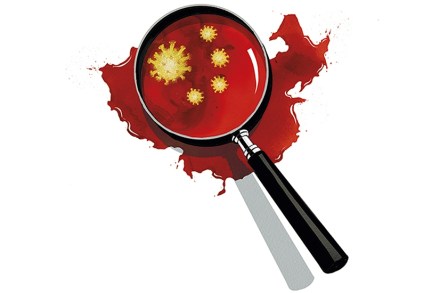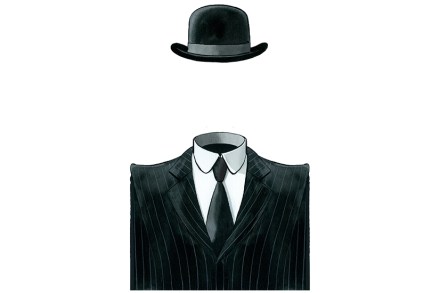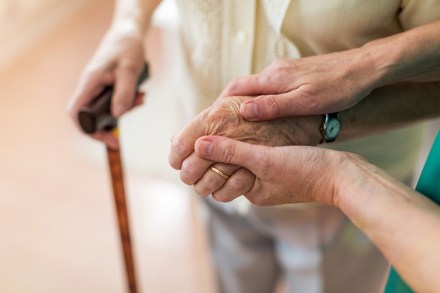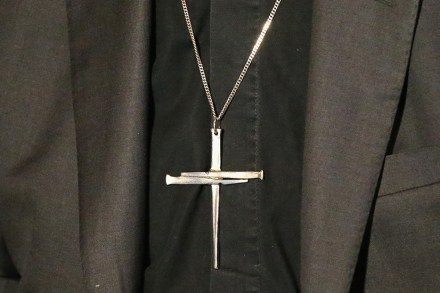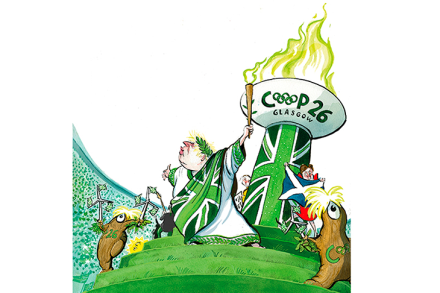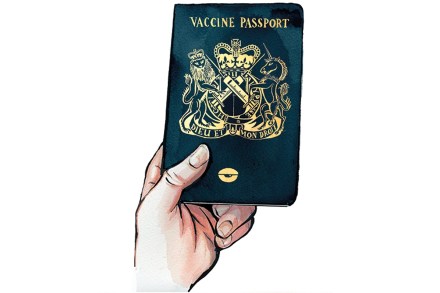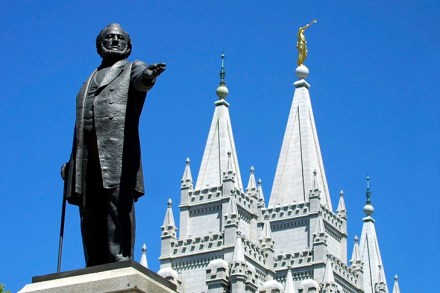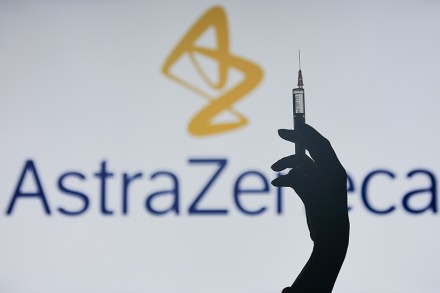Letters: The clock is ticking in Afghanistan
Out of Afghanistan Sir: Boyd Tonkin’s review of Anna Aslanyan’s Dancing on Ropes highlights the post-war abandonment of local Afghan and Iraqi interpreters by the US and UK (Books, 17 July). The UK’s response, up until last summer, deserved every bit of Tonkin’s strictures but the past year has seen a ‘strategic shift’. Ben Wallace





